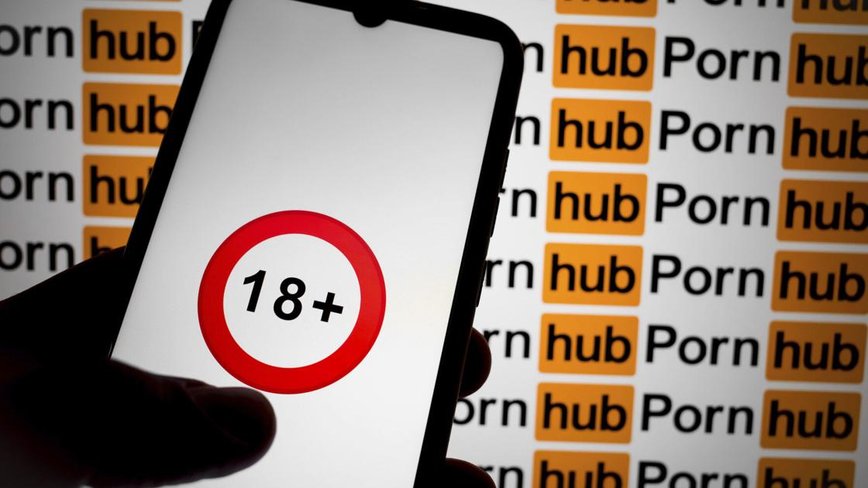
Arizona'S New Law Raises The Stakes For Online Age Verification on OnlyLikeFans

Arizona Tightens the Screws on Online Adult Content
Starting Friday, Arizonans hoping to access online adult content will face new hurdles akin to purchasing restricted items like alcohol or cigarettes. A fresh law mandates age verification, requiring users to prove they're 18 or older before diving into explicit material.
This drastic shift means publishers must implement digital IDs or commercial age-verification methods. The law allows parents to demand hefty fines of $10,000 per day from non-compliant publishers and imposes potential court fines up to $250,000 for failures leading minors to restricted content.
Pornhub's Stand Against Arizona's New Law
In response to the legal changes, Pornhub, a major player in adult entertainment, plans to block its services in Arizona. A representative from Aylo, Pornhub's parent company, expressed concerns over the law, labeling it ineffective and a potential risk to user privacy due to the requirement for sensitive personal data.
“Our children and grandchildren will now have slightly safer childhoods,” said Rep. Nick Kupper, the legislator behind the bill.
Though proponents like Rep. Kupper celebrate the move, technical loopholes remain. VPNs, for example, might enable determined Arizonans to bypass these restrictions and access Pornhub from out-of-state locations.
Debate Over Privacy and Effectiveness
The law has sparked significant debate. Critics, including Michael Stabile from the Free Speech Coalition, argue that this approach may deter adults from accessing legal content while failing to address the global nature of the internet, where foreign sites operate beyond U.S. jurisdiction.
Some advocate for device-level protections to empower parents directly rather than forcing adults to repeatedly verify their age, a method seen as more palatable and effective.
Legal and Educational Implications
Arizona’s law mirrors a Texas statute recently upheld by the U.S. Supreme Court. Nonetheless, the law's broader impact on adult access remains uncertain, with workarounds like VPNs still viable. Concerns persist about potentially limiting access to educational content on sensitive issues like LGBTQ topics and sexual health.
Governor Katie Hobbs, who signed the bill after earlier opposition, cited parental concerns over online exposure as a driving factor behind her support, reflecting a shift towards prioritizing child safety despite possible First Amendment implications.















